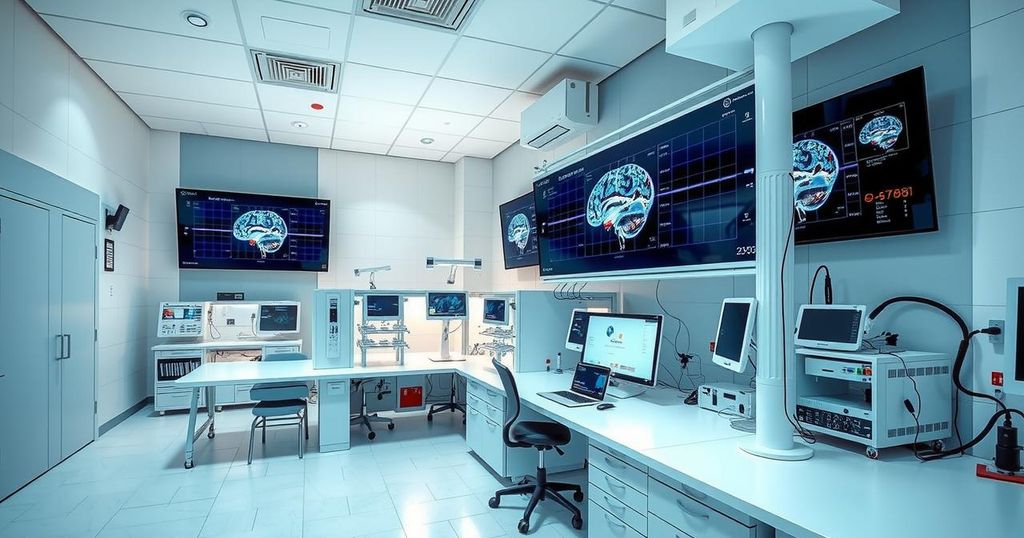South Sudan Denies Claims of Corruption in Kiir Family Businesses
South Sudan’s government refutes The Sentry’s allegations of President Kiir’s family amassing a corporate empire. The watchdog reports 126 Kiir-linked businesses in multiple industries, highlighting concerns over corruption. Kiir’s office calls the report “baseless” and defends the constitutionality of family business operations. South Sudan’s political landscape remains troubled by significant economic challenges and postponed elections.
South Sudan’s government has vehemently denied accusations made by the US-based watchdog The Sentry, which claims that President Salva Kiir’s family has amassed a significant business empire within the impoverished nation. The Sentry’s report identified 126 companies owned by Kiir’s family in key sectors such as mining, petroleum, and banking. They emphasized the necessity of transparency to investigate potential illegal activities associated with these enterprises, given South Sudan’s notorious corruption. In response, Kiir’s office described the report as “baseless and malicious,” asserting that the constitution permits citizens, including relatives of the president, to engage in legitimate business ventures.
Despite the implications of corrupt practices linked to Kiir family companies, the Sentry reported that no direct evidence places Kiir’s name on any corporate documents. The South Sudanese constitution, established after independence in 2011, prohibits state officials from conducting commercial business while in office. The Sentry, co-founded by actor George Clooney, is dedicated to exposing corruption and profiteering in conflict zones. While South Sudan remains rich in oil resources, the country faces severe economic challenges and is ranked 177 out of 180 on Transparency International’s corruption perceptions index. Moreover, the postponement of crucial elections until December 2026 has further strained political dynamics, exacerbated by the diversion of public funds and mismanagement of oil revenues
.
The ongoing issues in South Sudan are rooted in its turbulent history following independence from Sudan in 2011. The country has been plagued by corruption and political instability, which have severely affected its economic development. As a primary source of income, South Sudan’s oil reserves constitute a substantial portion of its GDP, yet political elites often exploit these resources. The Sentry’s investigation into the Kiir family’s business dealings highlights broader concerns about corruption and potential abuses within the government. This situation not only undermines public trust but also poses challenges for international relations and humanitarian support in a country where the vast majority of the population lives in poverty.
In summary, the South Sudanese government has rejected allegations of corruption regarding President Salva Kiir’s family businesses, labeling them as unfounded. This controversy underscores significant issues of transparency and governance in a nation already characterized by high levels of corruption. As South Sudan attempts to navigate its political and economic crises, the scrutiny of its leadership and their connections to the business environment remains a vital point of national and international concern.
Original Source: www.france24.com




Post Comment